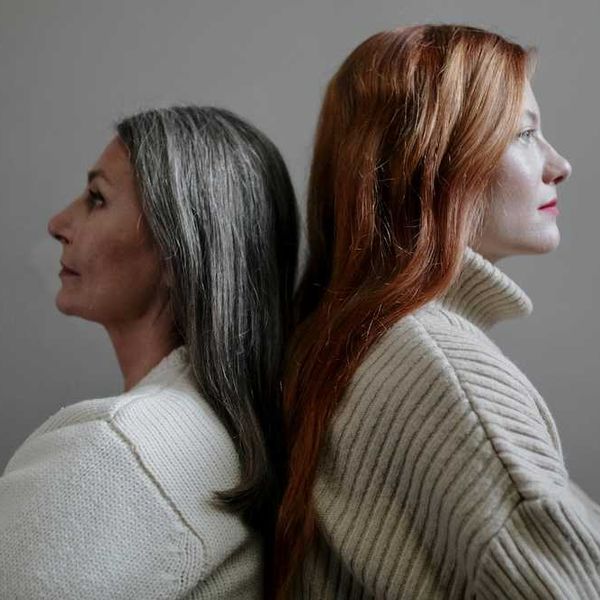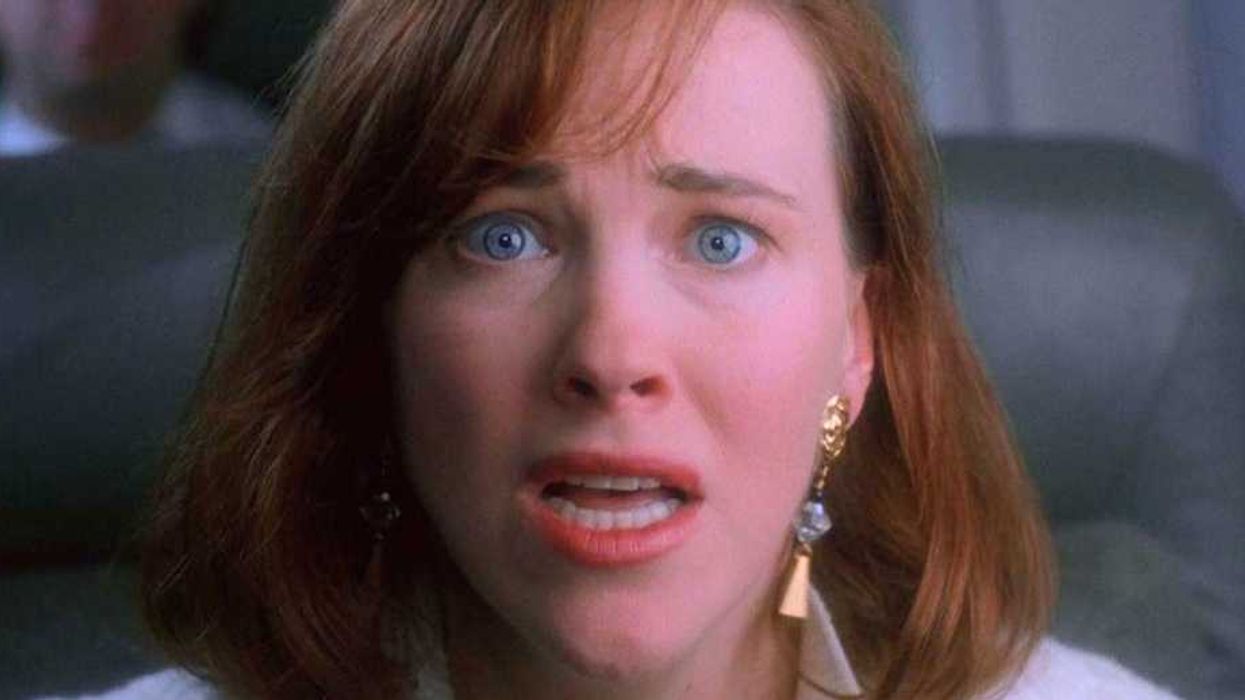It’s not scary at all.
What to Expect at Your First Therapy Session

Whether you’re going through a super tough breakup, dealing with some pressure (or frenemy drama) at work, or are frustrated by your pregnancy brain, you might be thinking about scheduling your first therapist appointment. If you’re on the fence, we say — go for it! The stigma around mental health is dissolving, so hopefully more people will feel secure going to therapists for some mental health maintenance or when they anticipate a major change, like heading to college or getting married. We reached out to Marissa Geraci, a licensed mental health counselor, to get the skinny on what actually happens when you see a therapist.

FIRST THINGS FIRST: HOW TO FIND A THERAPIST
There are lots of approaches to finding the best therapist for you, but know up front that the generic list of mental health professionals that you find on your insurance provider’s website is not the way to go. The very best resource for finding a therapist you love is by asking friends and family if they like their own. If they do, see if they’ll ask their therapist for a short list of recommendations. Mental health issues can be really tough to talk about openly, so if you don’t feel comfortable sharing with your social circle, ask your primary care doctor if he can recommend a few options.
If you don’t have any luck with those approaches, shop around online on reputable websites like Psychology Today‘s Therapy Finder. If you find someone through an online tool, read through their bio. If they focus on their therapy work and their philosophy, great! If they have glamour shots and focus only on themselves, you probably want to steer clear. You can also call a handful of top contenders and ask to speak to them for five minutes on the phone. Many therapists will do this, and it’s a great opportunity to get an initial sense of their personality before you schedule.
EXPECT IT TO BE A SUPER CASUAL INTRO
Geraci feels that the first conversation between a client and therapist should be casual. “Seeing a therapist for the first time is nothing more than having a ‘get to know you conversation,’” she says.
Other than the initial small talk, Geraci says there are a few basics that therapists will usually ask for during first appointments. To help get to know you and your goals for the sessions, a therapist will ask why you decided to seek out therapy. This part of the conversation is pretty self-guided: You get to decide how many feelings and details about your problem you share with your therapist at this point, and they likely won’t press you for too many deep feelings.

BE PREPARED TO SHARE A QUICK HISTORY OF MAJOR LIFE EVENTS
Another component of the first visit is a rundown of your mental and physical health history. Geraci says that questions regarding your background will give your therapist an idea of the role your family plays in your life, as well as any impactful events you’ve experienced, from deaths to unemployment to marriage. Because there’s a tight relationship between your physical and mental health, your therapist will most likely ask you about your personal health history, including the medications that you’re currently taking.
DECIDE WHAT YOU WANT OUT OF THERAPY
The final aspect of your initial appointment with your therapist will be goal-setting. If you decided to go to therapy, chances are it’s because you want something about your life to change. Whether you need help navigating a tough situation, a turbulent relationship, or just generally feeling anxious or depressed, your therapist wants to understand how to best help you get back to your ideal state. In general, Geraci asks her clients what they want to work on and what they’d like to see change after coming to therapy.
THE MAIN QUESTION: DO YOU AND YOUR THERAPIST CLICK?
While these three steps are pretty standard for most preliminary appointments, Geraci points out that this initial feeling-out stage is a two-way street. “The first session is an opportunity for you to get to know your therapist,” she said. “Therapy cannot be effective unless there’s a rapport. Most people go into therapy fearing judgment or being ‘psychoanalyzed,’ but you should also do your own analysis of whether or not you think that person is the right fit for you.” Great point. Don’t feel like you have to click with the first therapist you see. If you don’t feel like opening up to that person for whatever reason, then keep scheduling appointments with other therapists until you find your match. Trust us: They’re out there ready to support you.
How do you exercise self-care? Let us know @BritandCo!
(Photos via Getty)














